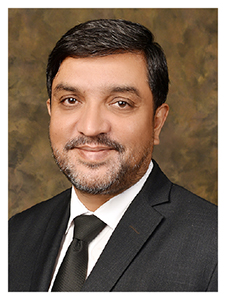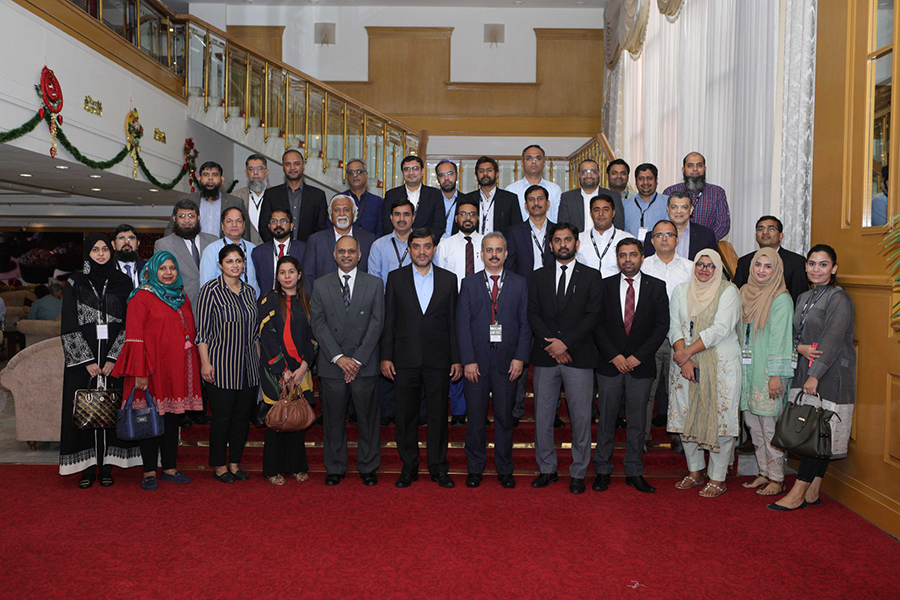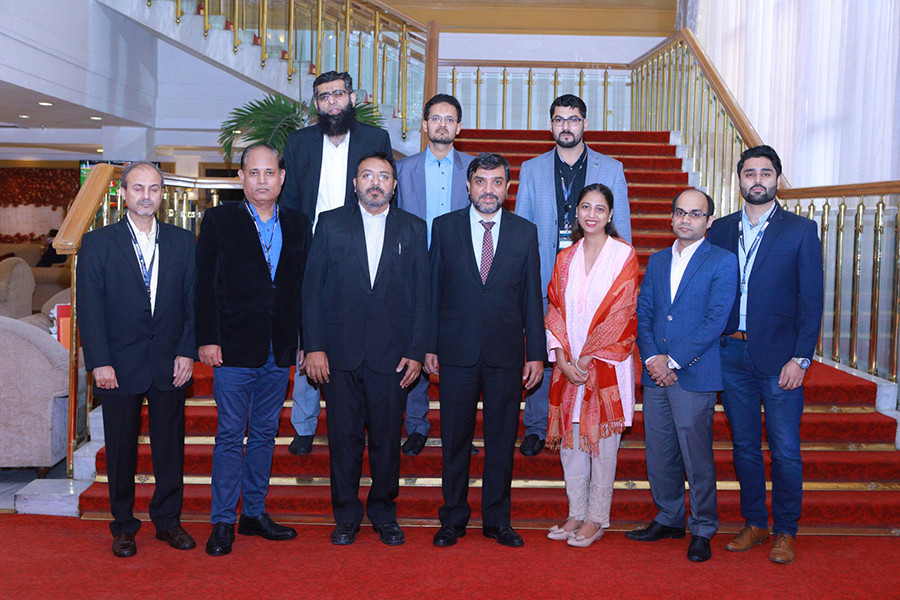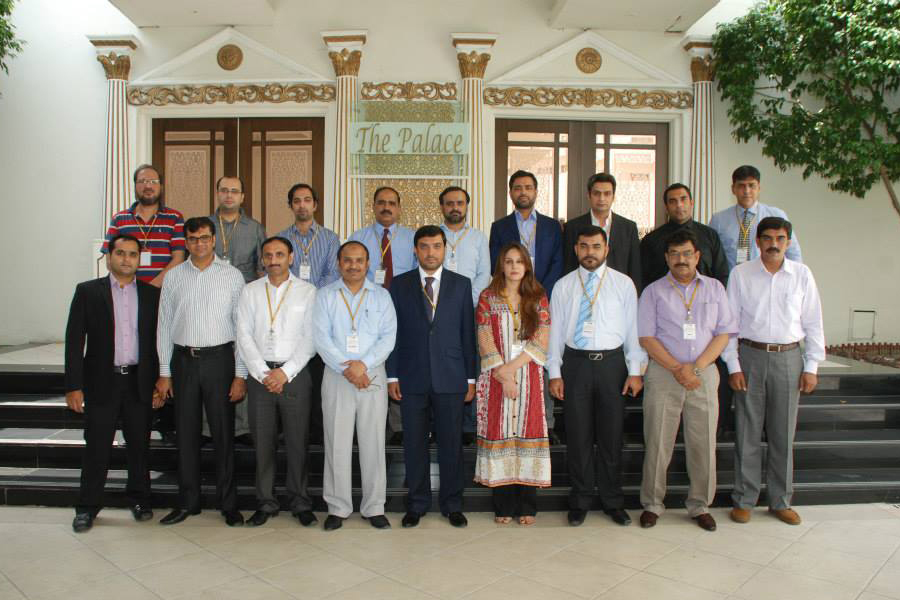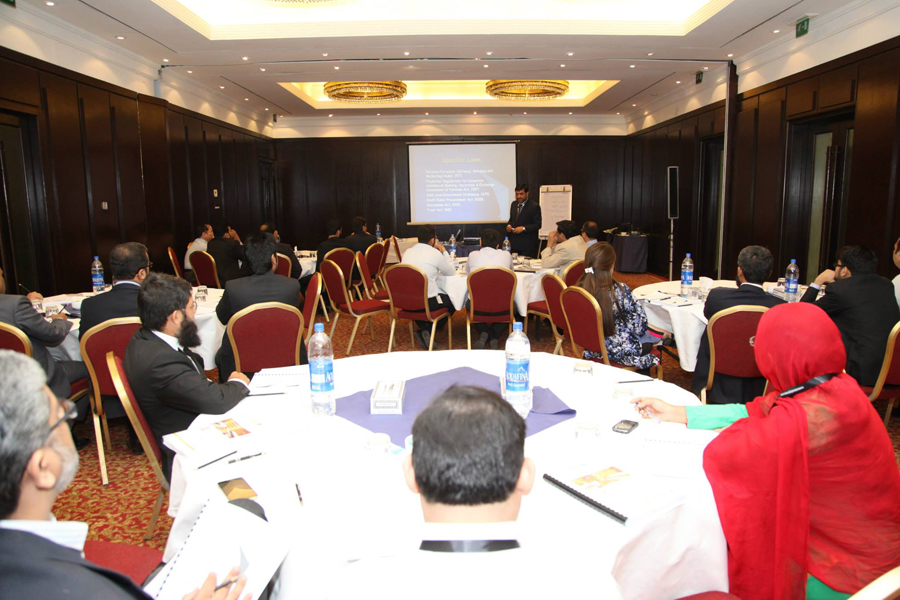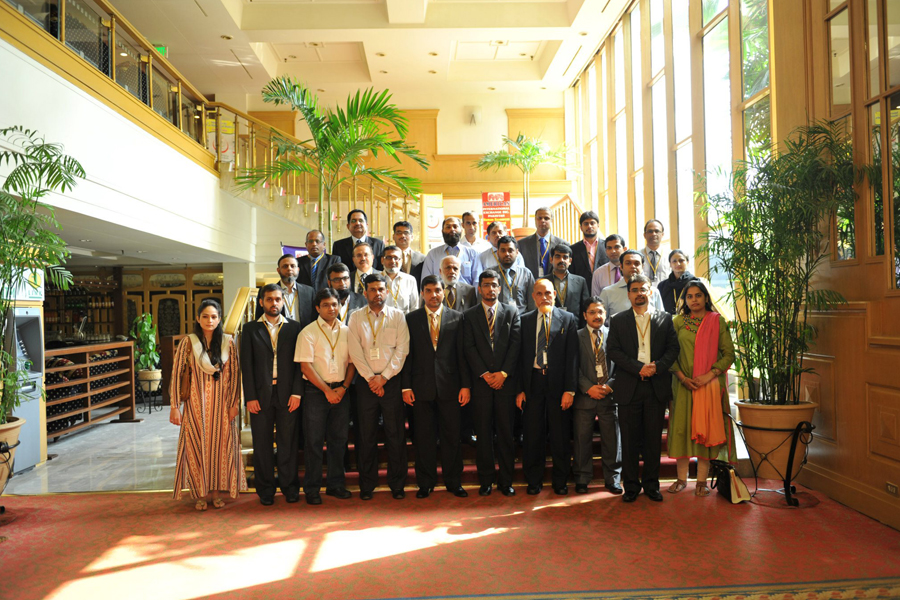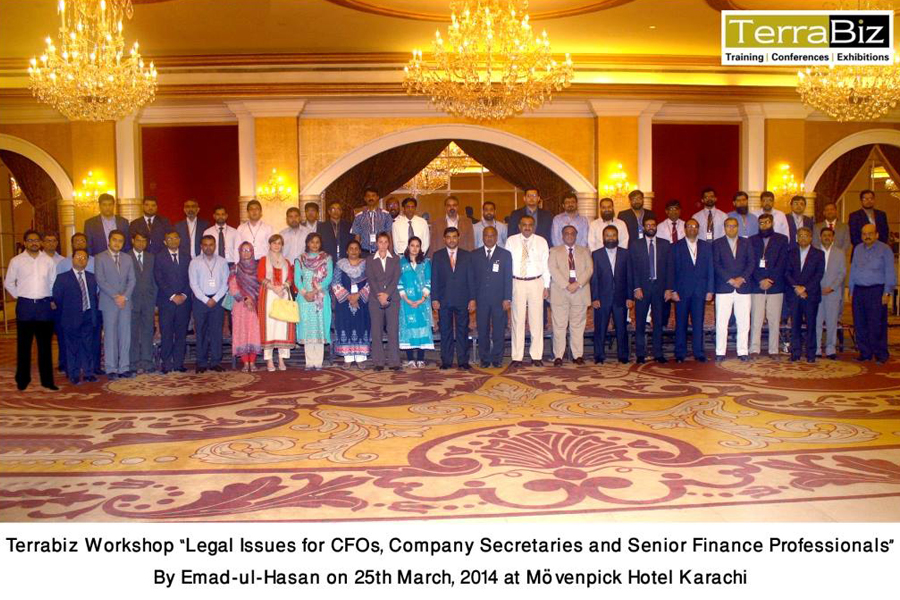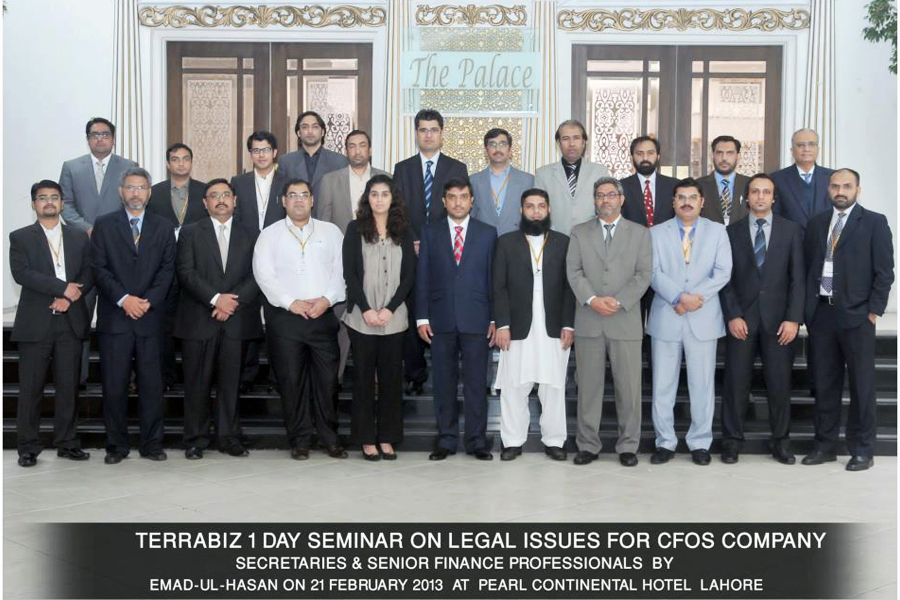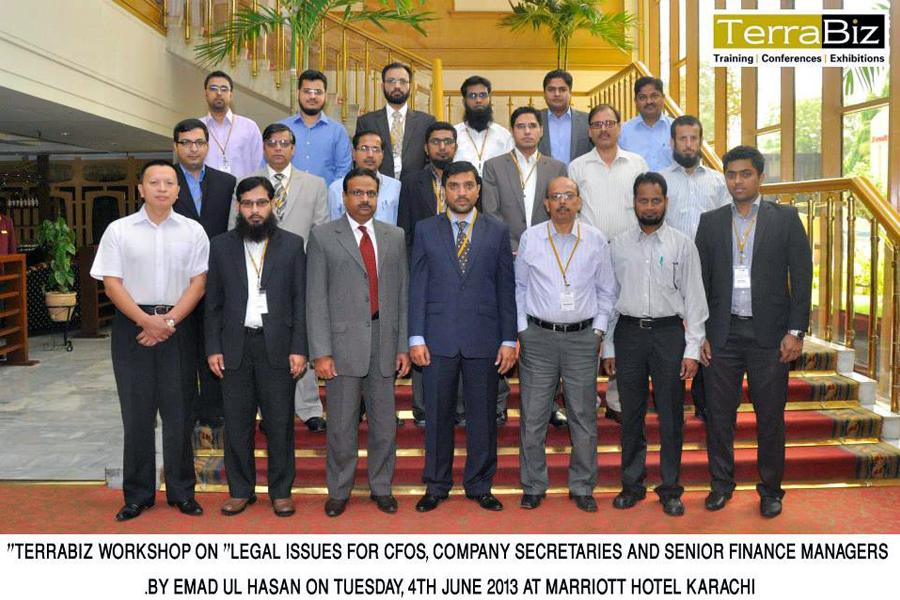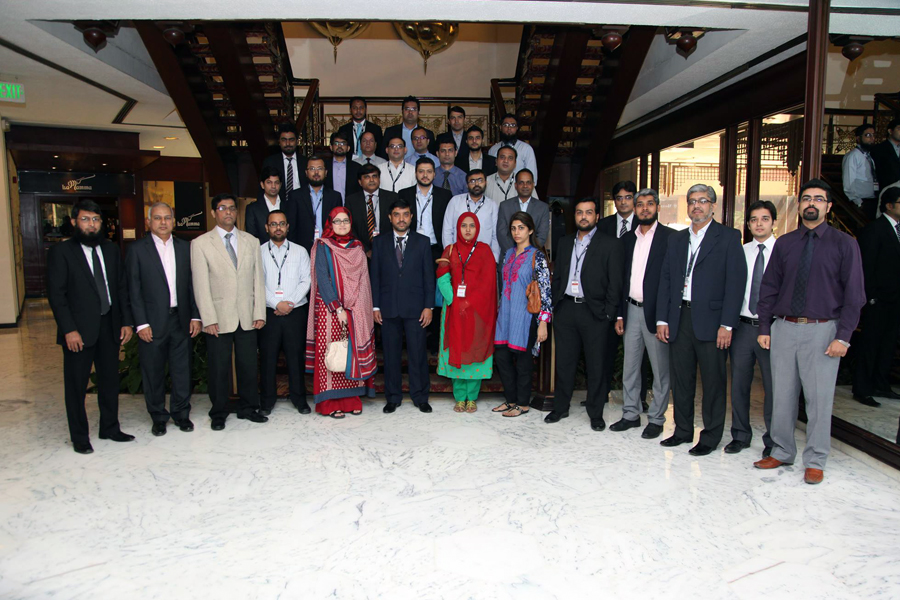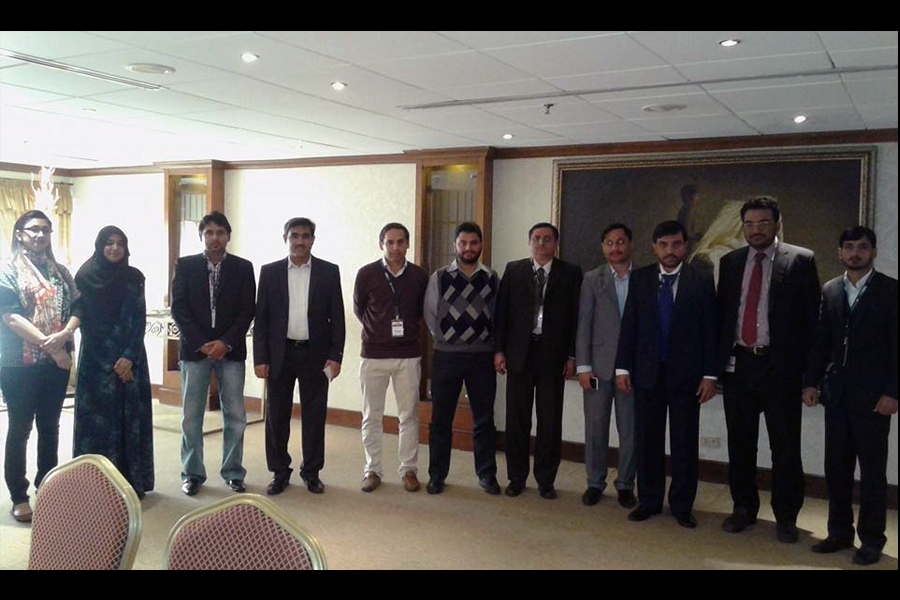All those who establish a business relationship or enters into a economic transaction with a party must be aware about the requirements of AML laws, as any bad relation ship has serious consequences for an organization.
Kindly note that the amendments also encompass builders, developers, jewelers, chartered accountants, lawyers and others i.e. these laws are no more confined to financial institutions only. Even these laws are applicable to individuals also i.e. ‘Beneficial Owners’.
Kindly note that the law is applicable besides financial institutions, to DNFBPs also as under:
S.2 (xii) “Designated non-financial businesses and professions or DNFBPs” mean the following persons, namely:-
(a) Real estate agents, including builders and real estate developers, when performing the prescribed activities in the prescribed circumstances and manner.
(b) Dealers in precious metals and precious stones, including jewellers and gem dealers, when performing the prescribed activities in the prescribed circumstances and manner.
(c) Lawyers, notaries, accountants and other legal professionals who carryout monetary transactions for their clients concerning the following activities.
(I) managing, operating, buying and selling of real estate, legal persons and legal arrangements and preparing documents therefor.
(II) Managing of client money, securities or other assets.
(III) Managing bank, savings or securities accounts or
(IV) Organizing contributions for the creation, operation or management of companies.
(d) Trust and company service providers, when they carry out monetary transactions or services for a client concerning the following activities.
(I) acting as a formation agent of legal persons.
(II) Acting as or arranging for another person to act as a director or secretary of a company, a partner of a partnership, or a similar position in relation to other legal persons.
(III) Providing a registered office, business address or accommodation, correspondence or administrative address for a company, a partnership or any other legal person or arrangement.
(IV) Acting as or arranging for another person to act as a trustee of a trust or performing the equivalent function for another form of legal arrangement.
















